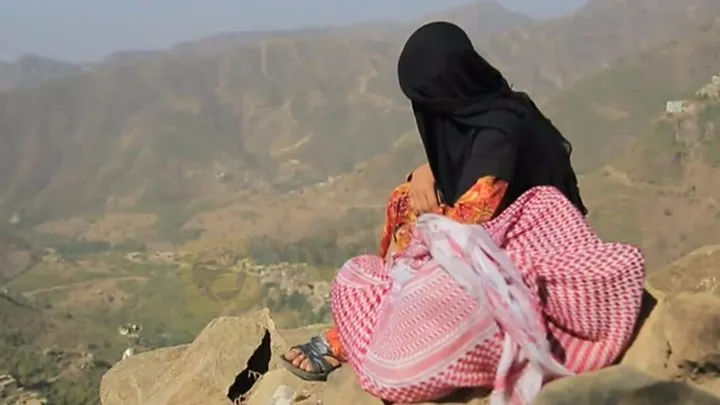简体中文
繁體中文
English
Pусский
日本語
ภาษาไทย
Tiếng Việt
Bahasa Indonesia
Español
हिन्दी
Filippiiniläinen
Français
Deutsch
Português
Türkçe
한국어
العربية
Yemen crisis: UK's Hunt warns Hudaydah deal 'could die within weeks'
Abstract:Image copyrightARAB 24 via REUTERSImage caption Forces on both sides are yet to leave Hudaydah A pe
Image copyrightARAB 24 via REUTERSImage captio
Forces on both sides are yet to leave Hudaydah
A peace deal in Yemen's main port city “could be dead within weeks”, British Foreign Secretary Jeremy Hunt has said during a visit to the country.
The Yemeni government and the rebel Houthi movement have yet to implement a UN-brokered plan to pull out and redeploy forces around Hudaydah.
The port is the principal lifeline for two-thirds of Yemen's population, which is on the brink of famine.
Mr Hunt said 80,000 children in the country had already starved to death.
More than 20 million people were on the brink of starvation, he added. The UN says at least 6,800 civilians have been killed and 10,700 injured in the fighting.
Saudi Arabia and the United Arab Emirates lead a coalition that has imposed a partial blockade in Yemen after President Abdrabbuh Mansour Hadi was forced to flee abroad by the Houthis - a group the Sunni states consider to be a proxy of regional Shia power Iran.
Shaky truce in key Yemeni port of Hudaydah
Yemen crisis: Why is there a war?
The pull-out from Hudaydah is a critical part of a ceasefire agreed in Sweden in December. It was intended to lead to broader talks to end the four-year conflict.
The deal also involves the release of thousands of prisoners, which has also not yet taken place.
Mr Hunt, the first Western foreign minister to visit the country since the conflict began, said the two sides were now in the “last chance saloon”.
Speaking from the southern port city of Aden, which is under Yemeni government control, he urged them to take the risks necessary to secure peace.
Image Copyright @Jeremy_Hunt@Jeremy_Hunt
Report
Image Copyright @Jeremy_Hunt@Jeremy_Hunt
Report
Mr Hunt's visit to Aden follows meetings with President Hadi and Saudi officials in Saudi Arabia and with Houthi spokesman Mohamed Abdul Salem in Oman.
Last month UN officials said they had gained access to a vast store of food in Hudaydah for the first time in six months.
The Red Sea Mills facility holds enough grain to feed 3.7 million people for a month, but the UN had warned the grain was at risk of rotting.

Media playback is unsupported on your device
Media captionThe hidden victims of the Yemen war
The UN is appealing for aid funding. By the end of last month member states had promised $2.6bn (£2bn) - a 30% increase on the amount pledged at a similar conference last year, but $1.6bn short of the total the UN hopes to raise.
Saudi Arabia and the United Arab Emirates are the biggest potential donors this year, having pledged $500m each.
Disclaimer:
The views in this article only represent the author's personal views, and do not constitute investment advice on this platform. This platform does not guarantee the accuracy, completeness and timeliness of the information in the article, and will not be liable for any loss caused by the use of or reliance on the information in the article.
WikiFX Broker
Latest News
High-Potential Investments: Top 10 Stocks to Watch in 2025
US Dollar Insights: Key FX Trends You Need to Know
Why Is Nvidia Making Headlines Everywhere Today?
Discover How Your Trading Personality Shapes Success
FINRA Charges UBS $1.1 Million for a Decade of False Trade Confirmations
Bitcoin in 2025: The Opportunities and Challenges Ahead
BI Apprehends Japanese Scam Leader in Manila
Big News! UK 30-Year Bond Yields Soar to 25-Year High!
SQUARED FINANCIAL: Your Friend or Foe?
Join the Event & Level Up Your Forex Journey
Currency Calculator






